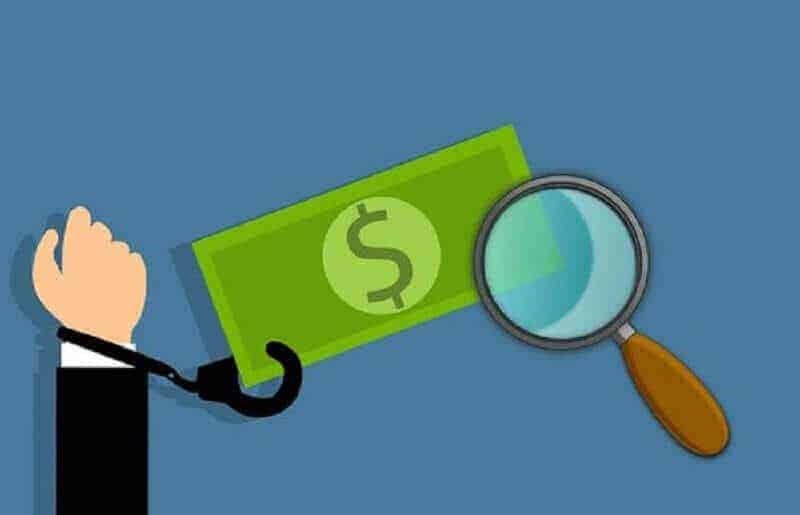Act No. 2031 or the Negotiable Instruments Law
Section 18 of Act Number 2031, or otherwise known as the Negotiable Instruments Law (“NIL”) states that no person is liable upon an instrument whose signature does not appear thereon. As such, you cannot make a person pay the amount of a check wherein his signature does not appear thereon. The question now is what if his signature appears in the instrument but that signature was forged or falsified?
Before a discussion of the rules on forgery of an instrument, it is best to classify the kinds of forgeries that can take place. In case of promissory notes, forgery may pertain to the signature of the maker or forgery of an indorsement. In cases of bills of exchange, forgery may pertain to the signature of the drawer, either with acceptance by the drawee or without acceptance but is paid by the drawee, and forgery of an indorsement.
Rule on Forgery
Section 23 of the NIL laid down the rule as regards forged instruments, viz:
“Section 23 of the Negotiable Instruments Law states:
When a signature is forged or made without the authority of the person whose signature it purports to be, it is wholly inoperative, and no right to retain the instrument, or to give a discharge therefor, or to enforce payment thereof against any party thereto, can be acquired through or under such signature, unless the party against whom it is sought to enforce such right is precluded from setting up the forgery or want of authority. (Emphases and underscoring supplied)
In Samsung Construction Company Philippines, Inc. vs. Far East Bank and Trust Company, G.R. No. 129015, 13 August 2004, the Supreme Court explained that a forged signature is wholly inoperative and when the bank pays, a bank pays the check, it is paying out its own money and not the depositor’s, to wit:
“The general rule is to the effect that a forged signature is “wholly inoperative,” and payment made “through or under such signature” is ineffectual or does not discharge the instrument. If payment is made, the drawee cannot charge it to the drawer’s account. The traditional justification for the result is that the drawee is in a superior position to detect a forgery because he has the maker’s signature and is expected to know and compare it. xxx
x x x This rule of liability can be stated briefly in these words: “A bank is bound to know its depositors’ signature.” The rule is variously expressed in the many decisions in which the question has been considered. But they all sum up to the proposition that a bank must know the signatures of those whose general deposits it carries.” (Emphases and underscoring supplied)
The Bank is Liable
The Court further added in Samsung Construction Company Philippines, Inc. vs. Far East Bank and Trust Company, supra,that even if the bank exerts due diligence, the bank is liable, and hence the Court had this to say:
“On the premise that Jong’s signature was indeed forged, FEBTC is liable for the loss since it authorized the discharge of the forged check. Such liability attaches even if the bank exerts due diligence and care in preventing such faulty discharge. Forgeries often deceive the eye of the most cautious experts; and when a bank has been so deceived, it is a harsh rule which compels it to suffer although no one has suffered by its being deceived. The forgery may be so near like the genuine as to defy detection by the depositor himself, and yet the bank is liable to the depositor if it pays the check.”
In Traders Royal Bank v. Radio Philippines Network, Inc., G.R. No. 138510, 10 October 2002, the Court reiterated, viz:
“Consequently, if a bank pays a forged check, it must be considered as paying out of its funds and cannot charge the amount so paid to the account of the depositor.” (Emphasis and underscoring supplied)
Bank Cannot Pay Forged Check, But Can Be Enforced Between Issuer and Payee
Section 23 of the Negotiable Instruments Law plainly states that no right to enforce the payment of a check can arise out of a forged signature. However, the instrument is not declared totally void nor are the genuine signatures thereon rendered inoperative. It is only the forged signature that is declared inoperative.
Hence, rights still exist and may be enforced by virtue of the instrument as between parties whose signatures were not forged. A forged instrument just prevents any subsequent party from acquiring any rights as against any party whose name appears prior to the forgery. Rights will exist and may be enforced as between subsequent parties but no one can acquire a right as against parties prior to the forgery, who also have rights and may enforce them as against each other. (Natividad Gempesaw vs. The Honorable Court of Appeals, G.R. No. 92244, 09 February 1993)
About Nicolas and De Vega Law Offices
If you need assistance in civil or other criminal law-related issues, or have questions about commercial law for corporate law, we can help you. Nicolas and de Vega Law Offices is a full-service law firm in the Philippines. You may visit us at the 16th Flr., Suite 1607 AIC Burgundy Empire Tower, ADB Ave., Ortigas Center, 1605 Pasig City, Metro Manila, Philippines. You may also call us at +632 84706126, +632 84706130, +632 84016392 or e-mail us at [email protected]. Visit our website www.ndvlaw.com.









